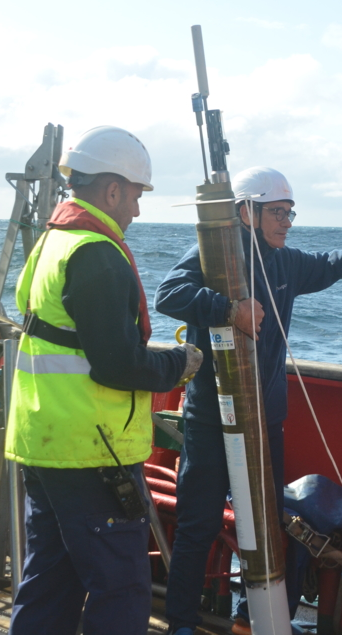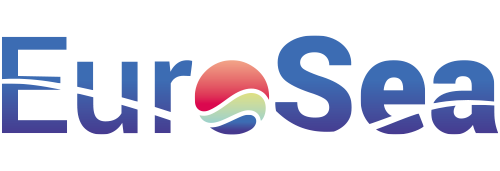
Description
This initiative involves the deployment of advanced Argo floats in strategic marine locations, equipped with an array of sophisticated sensors. The 5 DEEP Argo floats in the Irminger Sea come with Oxygen sensors, and the 5 BGC Argo floats in the tropical Atlantic are fitted with sensors to measure dissolved oxygen, pH, chlorophyll-a, downwelling irradiance, backscatter, and the CTD head.
Impact During the Project
Increased In Situ Measurements for CO2 Assessment:
Traditional State: Previously, marine CO2 assessments might have relied on less frequent or spatially limited in situ measurements, leading to potential data gaps or less granular insights.
Advancement: With the deployment of these advanced Argo floats, there’s a significant increase in the volume and precision of in situ measurements. This allows for more accurate and comprehensive CO2 assessments, enhancing our understanding of marine carbon dynamics.
Impact Post Project
Improved TRL of Information Products – CO2 Uptake, Storage, and Heat Content:
Traditional State: Before this advancement, the Technology Readiness Level (TRL) of marine information products related to CO2 uptake, storage, and heat content might have been limited by the available data or its granularity.
Advancement: The enhanced data stream from these advanced Argo floats is expected to improve the TRL of marine information products. This means more mature, reliable, and actionable insights related to CO2 dynamics and heat content in the ocean.
Advancement over and above State of the Art
The introduction of these technologically advanced Argo floats represents a notable leap in marine observational capabilities. By focusing on key oceanic regions and equipping these floats with an array of modern sensors, the initiative prioritizes the gathering of high-fidelity data that was previously hard to come by.
The immediate enhancement in in situ measurements is crucial, especially in the context of global challenges like climate change, where understanding oceanic CO2 dynamics is vital. Moreover, in the longer run, the improved data quality and quantity will undoubtedly refine marine information products, leading to better-informed policy decisions, conservation strategies, and scientific research.
In essence, this advancement underscores the importance of technological innovation in marine science and showcases a commitment to elevating the standards of oceanic observations and the subsequent insights derived from them.
Links and References
Link to live float data: https://fleetmonitoring.euro-argo.eu/float/1902621?web=1&wdLOR=c4310CF34-DB8D-7A47-8346-E7A9922ECDCE
Link to D3.16 – Euro-Argo updated strategy: https://eurosea.eu/download/eurosea_d3-16_euro-argo-updated-strategy/?wpdmdl=5551&refresh=650197c79775c1694603207
